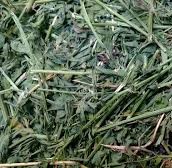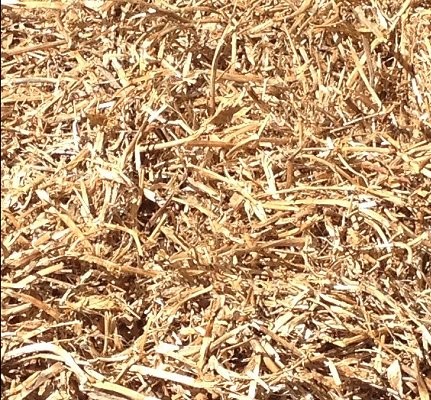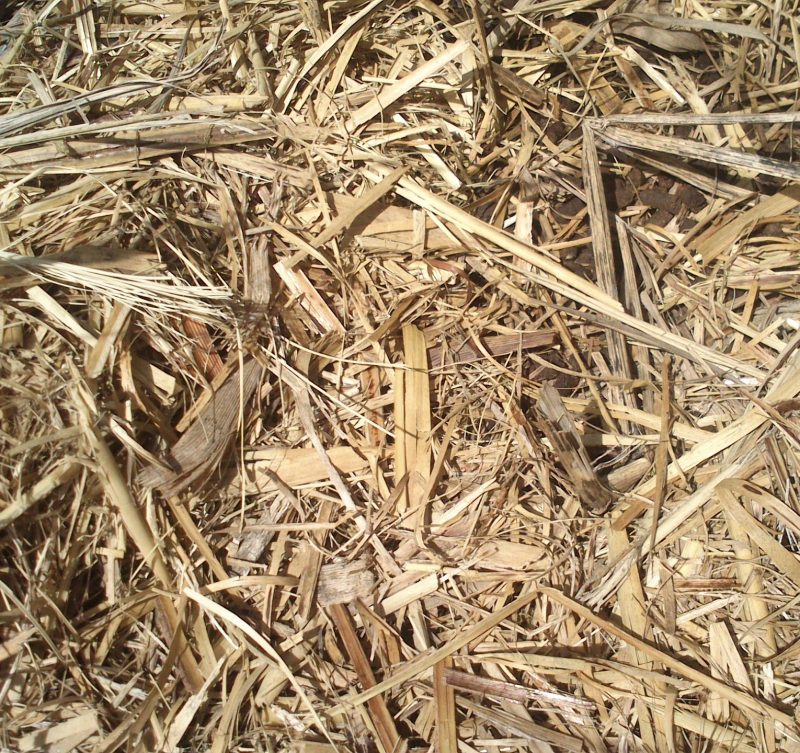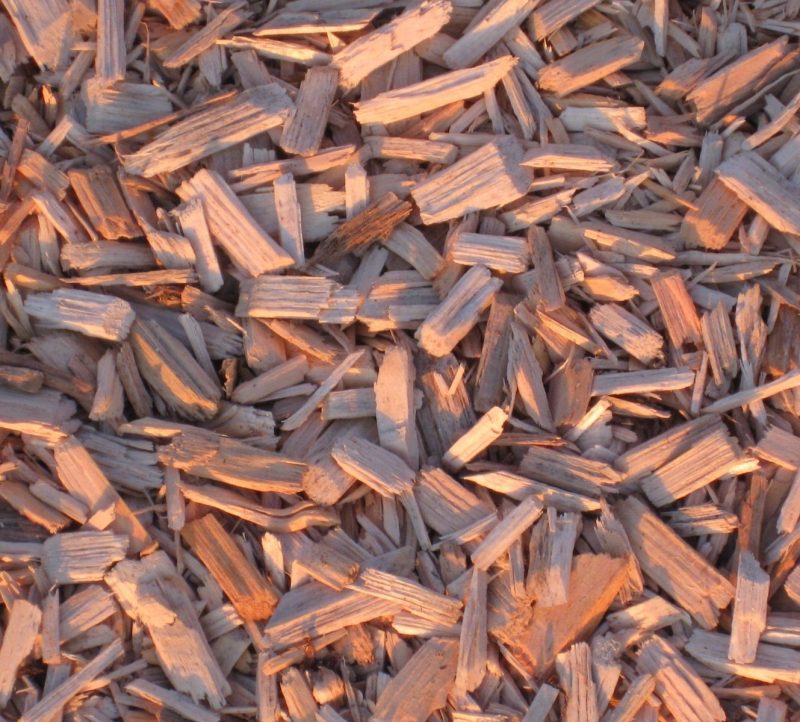Which Mulch Should I Use?

Lucerne Hay
Mulching is one major activity you should always do regularly. Mulches are like blankets covering exposed soil using natural materials like hay, straw, clippings, wood chips, and newspapers to protect soil structure, stabilise soil temperature, and prevent erosion or runoff. As mulch breaks down, it feeds the soil with essential nutrients.
There are many kinds of organic mulch you can use. Choosing which one to use can be a dilemma because they all seem to be good for your garden. However, this is not always the case. Some kinds of mulch may not be suitable for the plants in your garden. Some may be robbing the soil of nutrients and causing your plant to weaken. Some others may even kill your plants.

Pea Straw
For all these reasons, it is vital to choose which mulch is the most suitable for both the plants and the soil in your outdoor space.
For almost any kind of plant, lucerne hay (also called Alfalfa) is the best pick. It is universal in terms of usage and availability in Australia. You can find it almost anywhere, from stock feed suppliers to gardening retailers. Lucerne hay mulch significantly fertilises the soil as it rots within six months and remarkably promotes plant growth due to its rich nitrogen content. This also makes lucerne more suitable if you have a fruit and vegetable garden.
For vegetable patches that need regular maintenance, the best suited mulch is the pea straw. Like lucerne, it is also very rich in nitrogen. However, it breaks down into the soil more quickly, within three to six months. It minimises the growth of unwanted plants like weeds. Its light colour also makes it extra special

Sugar Cane Mulch
in keeping the soil cooler, most especially in the summer months, therefore reducing evaporation more effectively as compared to darker-coloured mulches.
Another mulch you can use for vegetable patches is the sugarcane mulch. While this kind of mulch is not a good source of nutrients for plant growth, it is the best for immediate soil improvement.
More established plants such as trees and shrubs need mulch that are long-lasting. Wood chips and bark mulches are generally good for them. Softwood trees like pine barks last for about two years. Hardwood trees like eucalypts can last up to five years.

Bark Mulch
One important thing to remember when using wood chips and bark mulches is to never use them fresh or you’ll end up dealing with a “nitrogen draw down.” Fresh wood chips and barks will need nitrogen from the soil in order to break down. This will eventually make the plant unhealthy with yellowish leaves, a sure sign of nitrogen deficiency.
In a nutshell, good mulch does not necessarily mean that it is the best. Find out which mulch works well with your kind of plants. Growing a healthy garden requires taking great care not only of the plants, but also and most importantly, of the soil. With healthy garden soil, plants will easily grow and become beautiful parts of your lawn.
For more garden and landscaping tips, tune in for more Jim’s Mowing NZ blogs.


